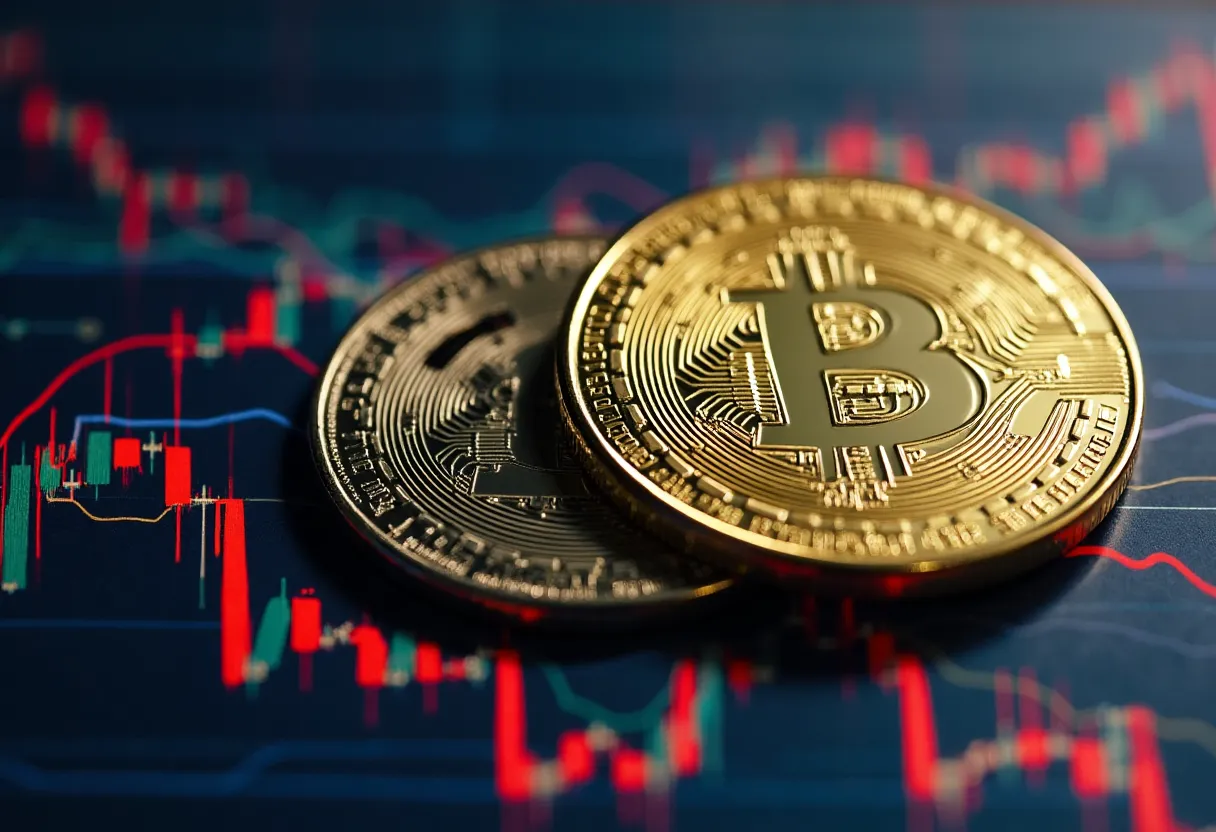Introduction
In the ever-evolving landscape of cryptocurrency, certain sectors are beginning to show promising signs of growth and optimism. Among these are crypto treasury firms, which are increasingly bullish on leading digital assets like Bitcoin and XRP. This article delves into the reasons behind their enthusiasm and explores the implications for investors and the broader crypto market.
The Rise of Crypto Treasury Firms
Crypto treasury firms are companies that manage substantial amounts of cryptocurrency, primarily for institutional clients. Unlike traditional treasury management, which often involves fiat currencies, these firms focus on digital assets. Their emergence has marked a significant shift in how businesses perceive cryptocurrencies, moving from skepticism to acceptance and even advocacy.
Why Are Treasury Firms Optimistic?
The optimism surrounding Bitcoin and XRP among crypto treasury firms can be attributed to several factors:
The Role of Bitcoin in Treasury Management
Bitcoin, often referred to as digital gold, has garnered significant attention from treasury firms for its potential as a store of value. Here are some key reasons why Bitcoin is becoming a staple in corporate treasuries:
1. Scarcity and Demand
Bitcoin’s capped supply of 21 million coins creates an inherent scarcity that appeals to treasury firms. As demand for Bitcoin rises, its value is likely to increase, providing potential capital appreciation for firms holding the asset.
2. Diversification
Incorporating Bitcoin into a treasury portfolio allows firms to diversify their assets beyond traditional investments. This diversification can enhance risk management strategies and improve overall returns.
3. Liquidity
Bitcoin has a robust market with high liquidity, making it easier for treasury firms to buy and sell assets as needed. This liquidity ensures that firms can access their funds quickly, a crucial factor for effective treasury management.
XRP: The Future of Cross-Border Payments
While Bitcoin remains a dominant player in the cryptocurrency space, XRP is carving out its own niche, particularly in the realm of cross-border payments. Treasury firms are increasingly recognizing the advantages of incorporating XRP into their portfolios.
1. Speed and Efficiency
XRP transactions are known for their speed, settling in just a few seconds compared to traditional banking systems, which can take days. This efficiency is highly attractive to treasury firms that need to move money quickly and cost-effectively.
2. Cost-Effectiveness
The transaction fees associated with XRP are significantly lower than those of traditional banking systems. This cost-effectiveness can lead to substantial savings for treasury firms, making XRP a practical choice for international transfers.
3. Partnerships and Adoption
XRP has established partnerships with various financial institutions, enhancing its credibility and potential for widespread adoption. As more companies recognize XRP’s benefits, treasury firms are likely to view it as a valuable addition to their asset mix.
Challenges Facing Crypto Treasury Firms
Despite the optimism surrounding Bitcoin and XRP, crypto treasury firms face several challenges that could impact their operations and growth potential.
Conclusion
The growing optimism among crypto treasury firms for Bitcoin and XRP reflects a broader acceptance of cryptocurrency in the financial world. As institutional adoption increases and technological advancements continue, these digital assets are becoming integral to treasury management strategies.
While challenges remain, the potential benefits of incorporating Bitcoin and XRP into corporate treasuries are compelling. As the landscape of cryptocurrency continues to evolve, it will be fascinating to see how treasury firms navigate this dynamic environment and leverage these assets to enhance their financial strategies.
With the right approach, treasury firms can position themselves to capitalize on the opportunities presented by the cryptocurrency market, ultimately leading to a more robust financial future.






